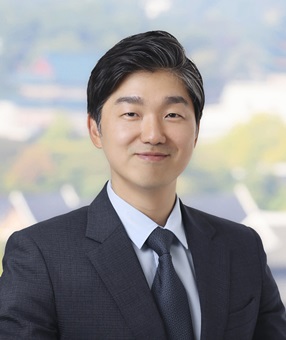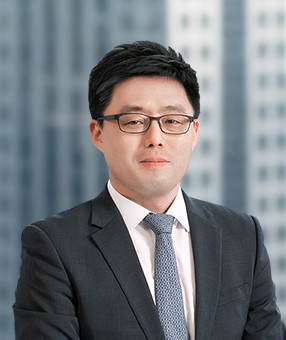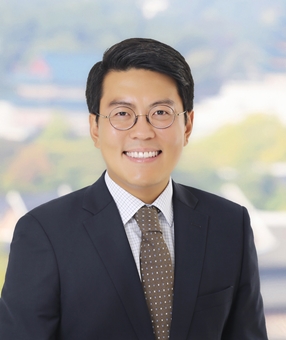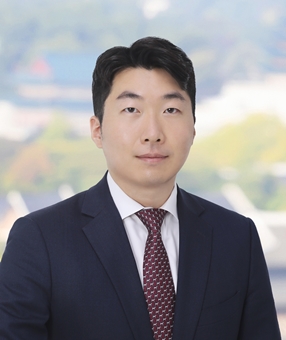As major economies worldwide seek to strengthen their AI industries by attracting large-scale private investments, the Ministry of Science and ICT (the “MSIT”) earlier this year introduced and began implementing a national AI capability enhancement plan. As part of these efforts, on August 4, 2025, the MSIT selected five teams, each composed of domestic AI companies and institutions, as the so-called “AI elite teams.” Each team is led respectively by Naver Cloud, Upstage, SK Telecom, NC AI, and LG Management Development Institute AI Research Center. These teams will be eligible to receive government support in computing infrastructure, data, and talent acquisition through 2027 (the “Project”). The range of support for each team will vary depending on the content of their applications. The key aspects of the Project are outlined below.
|
1. |
Background |
|
(1) |
Computing Infrastructure: Direct and indirect support to secure AI computing resources, such as GPUs and domestically produced low-power, high-performance AI semiconductors, and expansion of relevant data centers. |
|
(2) |
AI Models: Development of world-class sovereign AI models and cultivation of key AI talent. |
|
(3) |
AI Transformation (“AX”): Implementation of projects to accelerate AX based on computing infrastructure and AI models across sectors such as healthcare, media/culture, and the public sector. |
As part of the second strategy (developing sovereign AI models), the MSIT launched the Project to assemble AI elite teams capable of developing foundation models that achieve performance targets of at least 95% of that of world-leading AI systems. From late June to late July 2025, the MSIT invited applications for participation, with the aim of providing comprehensive policy support to the selected participants.
|
2. |
Key Aspects of the Project |
-
Computing Resources: Priority access to GPUs, either leased from private sector operators or directly secured by the government, with an allocation of 500 to 1,000 GPUs per team.
-
Data: In collaboration with the five teams, the government will procure and process training datasets valued at approx. KRW 10 billion, supply high-quality broadcast and video training datasets valued at approx. KRW 20 billion, and cover additional costs incurred by the five teams in building and processing AI model-specific datasets, valued at approx. KRW 2.8 billion per provider.
-
Personnel: Government funding for expenses, including personnel costs and research expenses, to attract outstanding overseas researchers and research teams, with approx. KRW 2 billion allocated to each team.
The selection process is ongoing: following the first evaluation in six months, one team will be excluded, with further evaluations and selections to follow.
|
3. |
Implications |










